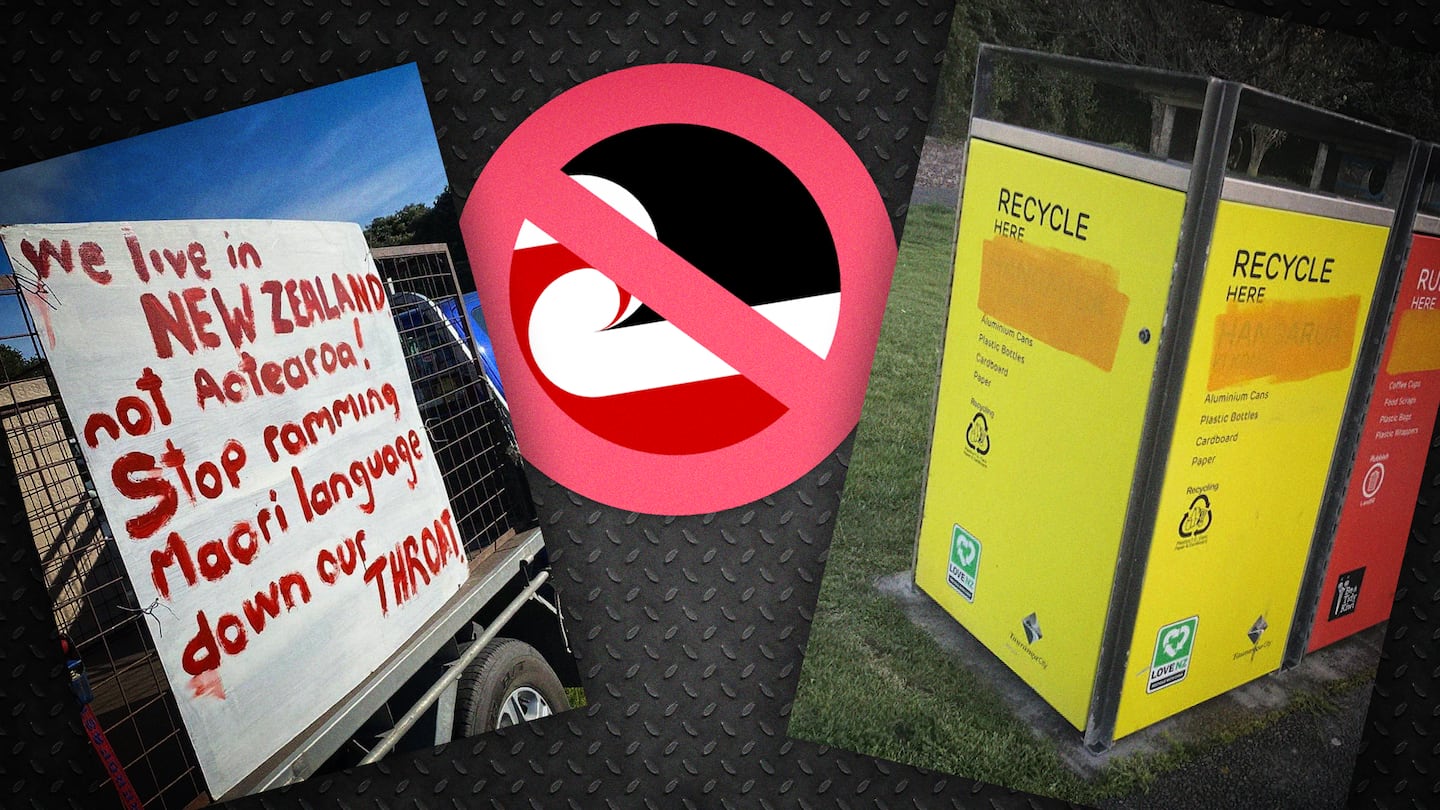Differences in identity, faith, and politics are drawing a concerning number of young people toward ideologies linked with violent extremism, according to a stark report by the New Zealand Security Intelligence Service (NZSIS) this morning.
Despite this, the national terror threat remains low, but that still means a terror attack is a “realistic possibility” according to the security agency.
Among the three motivators of violent extremism, the report says Pākehā identity-motivated violent extremism (W-IMVE) is currently the most prevalent in New Zealand.
It also says these extremists espouse a range of other views, including anti-Semitism, hostility towards rainbow communities, and anti-Māori, anti-Muslim, and anti-immigration sentiments.
The narratives used by those drawn to these ideologies are largely influenced by global issues and conspiracy theories, although according to the NZSIS, local social, political, and economic concerns in New Zealand are sometimes invoked to justify their beliefs.
Youth drawn into violent extremist ideologies
The revelations come in the newly released report, New Zealand’s Security Threat Environment, the second annual report by the security agency charged with protecting Aotearoa.
It points out that certain communities face more frequent and severe threats, such as foreign interference or violent extremism, simply because of their identity.
The report also notes an equally troubling growth in the number of young people being drawn into violent extremist ideologies, which has triggered an increase in NZSIS investigations.
The conflict in Gaza, for instance, has been exploited by terrorist organisations to fuel online radicalisation and recruitment—a trend that is beginning to manifest in New Zealand as well.
While the report finds a terrorist attack in New Zealand is a realistic possibility, it says it’s likely to involve an individual who has self-radicalised, taken steps to evade detection, and acted alone.


